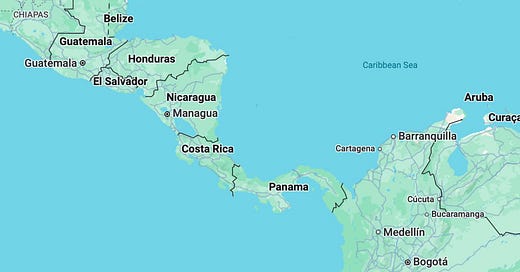An immigrant's story.
Carlos came to this area illegally from Ecuador decades ago, raised a family, and became a productive member of our expanded local community.
Editor’s Introduction: There are an estimated 54,000 undocumented immigrants living in Westchester County, and thousands in the several municipalities surrounding and including Croton-on-Hudson. This is the story of one of them, an Ecuadorian immigrant we will call “Carlos.” He came to the United States illegally many years ago, raised a family here, and has long been a productive member of what we will call the greater Croton community. We are telling Carlos’s story with his full cooperation and involvement. We have masked certain details—again, after careful discussion with him—to minimize the possibility that he and his family would be identified.
Carlos now has a work permit, a social security number, and pays taxes at the state and federal levels, as do millions of immigrants nationwide who receive few or no benefits in return.
Carlos hopes that by telling his story, people in Croton and beyond will have more information about the immigrant experience, and a better understanding.
An Ecuadorian boyhood.
Carlos grew up in a small, desperately poor village in the mountains of Ecuador. He came from a very large family, but his father died when he was young. Carlos’s mother, who had no schooling and no steady job, struggled to support the family. She raised a few cattle and sold the meat, but could not afford to buy a house. The family had to move from one rented house to another, sometimes every two or three months. One house they lived in had no doors and no windows, and no source of heat. The mountain air was cold, very cold, he recalls.
Carlos had only two or three years of elementary school, but was never able to go to high school or to college. The family had very little. His most prized possession was a pair of what he now calls “magic boots” that an uncle gave him when he was about ten years old. They were yellow and green and he loved them. One day, while trying to cross an overflowing stream between their house and the outhouse the family used, Carlos fell into the water and lost the boots. He still cannot talk about it today without tears in his eyes.
When Carlos was about 20 years old, one of his brothers left the village and made his way to the United States. As with so many immigrants who have come to the U.S., the idea was not just to find a better life, but also to send money back to the family so they could have a better life as well. Carlos decided to follow suit. There was little point trying to emigrate legally; even if he were able to beat the limited national quota and land a rare immigration visa, it would probably take many years to do so. His family’s need was much more immediate.
The arduous journey begins.
Several years later Carlos and his family agreed to pay traffickers $12,000 to get him into the United States. Carlos was married by then. The idea was that he would try to make it to America and then his wife would follow him when she could. They would not have to pay all of the money right away, but the balance would be at a high interest rate.
He traveled with a group of about seven other immigrants. They first crossed into Colombia, where Carlos spent about two weeks in a house with about 40 to 50 others. Every two or three days a smaller group would begin to make its way to Mexico. He first flew to El Salvador, where conditions quickly went from bad to worse. They stayed in a house with no drinking water, and were only given one meal each day.
After about a week in the Salvador house, the group began walking into Guatemala. They spent two days, walking and walking, from 4 am to 6 pm. The group got bigger as other immigrants joined it. They had to cross some large rivers on the journey. There was no food and no water the entire time. Carlos remembers that at one point they found a nice big lemon tree and fell upon it, sucking the lemons with desperate gusto.
Each step of the way, the group was guided by coyotes who changed in each country. They were part of a network of traffickers who ultimately got the money Carlos and the others were paying. The immigrants were put in houses, where they paid their own money for room and board. They were then picked up by three four-wheel pickup trucks, and started out along a very rough road. The trucks had a special metal box under the flat bed where Carlos and the others hid. Five immigrants had to lay down in a very small space, with metal above and below them and unable to move, for a journey of five hours.
Carlos has had an MRI exam, but he says the claustrophobic experience was much worse than that. Even now he can’t be with too many people in a room without suffering a panic attack.
The group made it to Guatemala City, and then by long bus ride to the Chiapas region of Mexico. At times border guards had to be bribed by the coyotes, but that seemed routine and did not pose a problem. They spent a couple of days in Chiapas, in a special house with many coyotes and surrounded by a ten foot wall.
The next leg of the journey was in a brand new bus to Mexico City. But Carlos and the others did not sit in the passenger seats. Instead they squeezed into the luggage compartment, about eight or ten of them, for the 18 hour trip. There was no bathroom, and they had to pee on the floor. It was hard to breathe. The bus made many stops to pick up new passengers, but they could not of course leave the compartment.
When the bus reached Mexico City, about one in the morning, Carlos and the others waited for a red light signal that had been installed in the luggage compartment. When it flashed, they crawled out of the compartment, while the bus continued to move slowly. Carlos recalls that his legs hardly worked from being in the cramped space as he tried to walk out.
The immigrants were then picked up by special “taxis,” two or three people at a time. They were taken to a run down hotel, where they were robbed of money they had not hidden away. After a day and a night they boarded flights for Nogales, on the Mexican side of the Arizona border. By now, after such an arduous trip, everyone was very excited and hopeful.
“I was feeling many things,” Carlos told us. “If we cross over, our lives will change forever. If not, we have to return to our countries.”
The group was put in a house in Nogales where men with guns came and demanded that everyone strip off their clothes. The men took most everything they had, even their good shoes. After a short while, another group of armed men tried to do the same thing.
Around 5 pm, Carlos and the others in his group began walking towards the border. They had to pass through many thorny plants that stuck to their clothes and their skin. But they did not mind. “You don’t feel it if you think this is a chance to change your life,” Carlos told us. They walked all night, resting briefly to sleep in garbage bags to keep warm. Early in the morning, the sun rose in the sky and the landscape was less formidable.
“Welcome to the United States,” one of the coyotes said.
They hid in some bushes all day. Again, they had no food and no water, despite the hot day. Then, at some point during the afternoon, some local kids spotted them in the bushes. They went away and came back with bread and water. For Carlos, it was a sign that Americans, were good and kind people.
Journey to New York.
When it grew dark again, some pickup trucks came to get them to take them to Phoenix. They stayed in yet another house, for several days. Nobody went in or out for fear of being picked up by immigration authorities. Finally, they took a Greyhound bus to Las Vegas, where they spent another couple of days before they could board flights to JFK Airport. Before they were allowed to leave, their families had to make a payment to the coyotes; Carlos’s wife and his family wired the money.
Carlos recalls being scared at every step of the way during this long journey. He feared if he made one mistake, he would end up back in Ecuador. But when he looked out of the airplane window and saw New York City approaching, “I felt like I had died and gone to heaven.”
Carlos’s brother, who was living in New York, was supposed to pick him up at the airport, but he was kept late at work and no one was there to pick him up. But a friendly Ecuadorian immigrant already in the U.S. passed by in his car and offered to give him a lift to a restaurant in Queens where he was going to eat with a group of friends. Carlos was then invited to a house where he was able to take a shower and call his brother, who came to pick him up.
Carlos soon found work in a community close to Croton, as well as in a car wash in Queens. It took him four years of work to pay off the remainder of the $12,000. At that point, after several years of separation, Carlos’s wife found a way to take a flight to New York from Ecuador. That cost the family $30,000, which took more than five years to pay off.
When Carlos had been in the United States for more than ten years, he talked to a lawyer who helped him get a social security number and a work permit—for a hefty fee. He has now been in the country for more than two decades, still with no green card. Carlos and his wife have raised children who have gone to local schools. They provide services to the community and are well respected by everyone who knows them.
“This country is everything for me. I love this country,” Carlos told us. But now he and his family have to live in fear of being deported. “There are thousands here in this situation,” he adds. “President Trump talks like every person who comes here is going to do no good, but it’s not true. We are not all selling drugs or belong to gangs. We pay thousands in taxes, we are working hard, we get up early in the morning to work. Everybody is scared.”
Many immigrants without green cards nevertheless own houses and companies. They worry what would happen to their properties, which they have often paid a great deal of money for, if they were deported. Carlos says that some of his friends have started selling their houses out of fear.
“Trump doesn’t see the real life of the people. Many of us work night and day. If we had to go back to our countries, who would do the work we do now?”
Despite the fears, Carlos says that he and his family have received nothing but kindness from local people, even if they know their real situation.
“There are many nice people in this country. But everybody needs to tell the true story.”
Carlos’s journey from Eduador to the United States, in pictures:
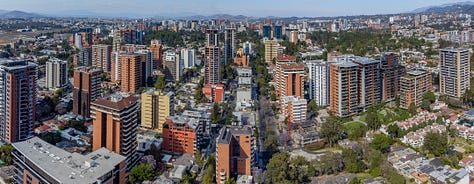

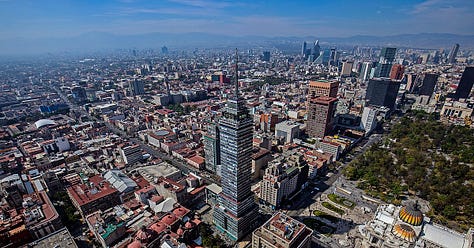
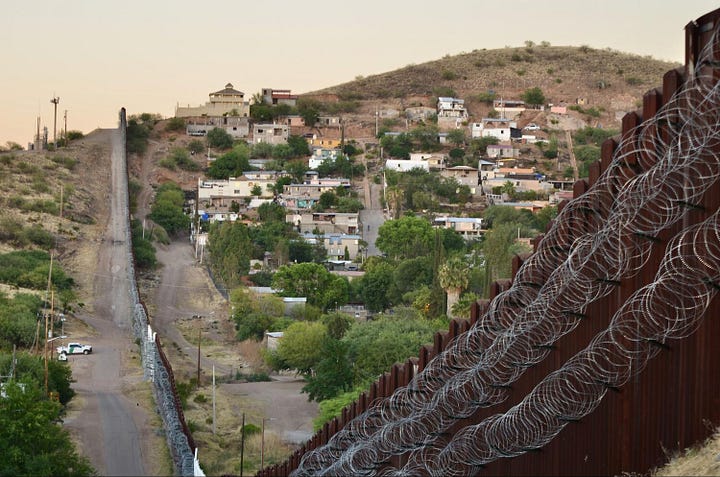
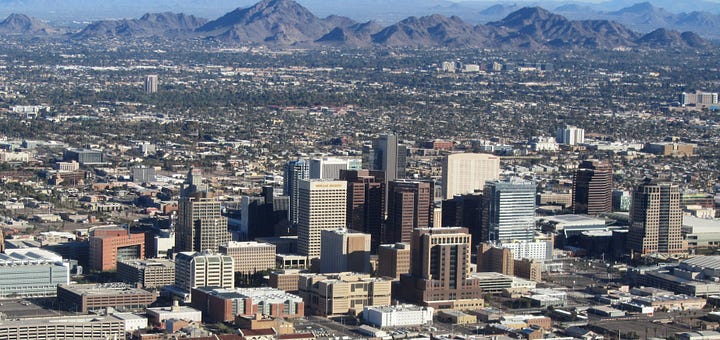
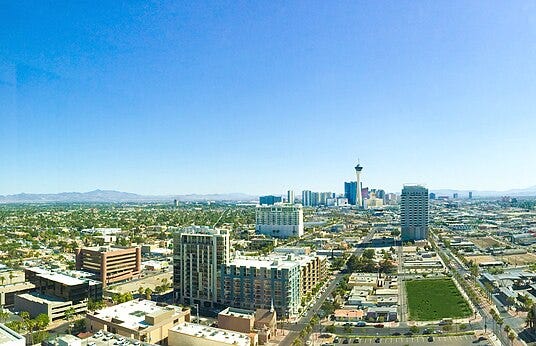
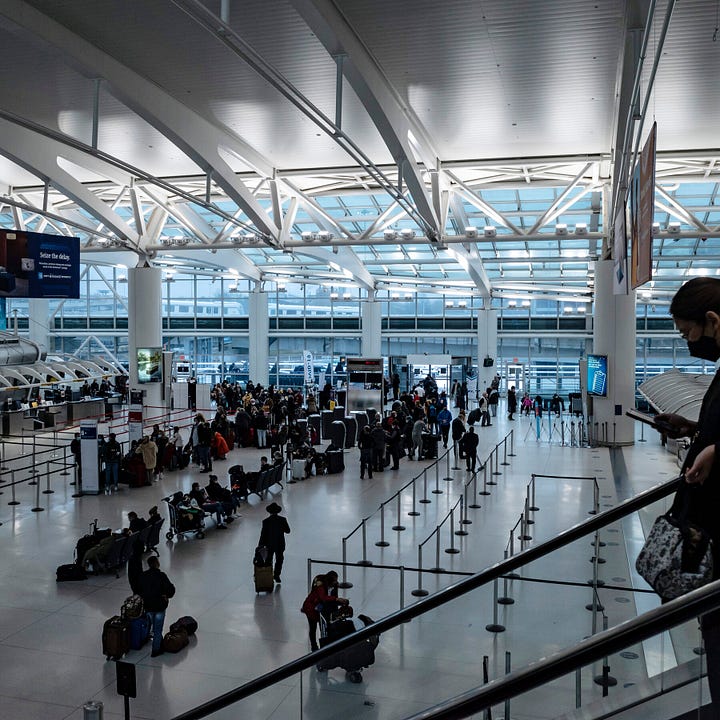
*************************************************************************************************************
To share this post, or to share The Croton Chronicle, please click on these links.

